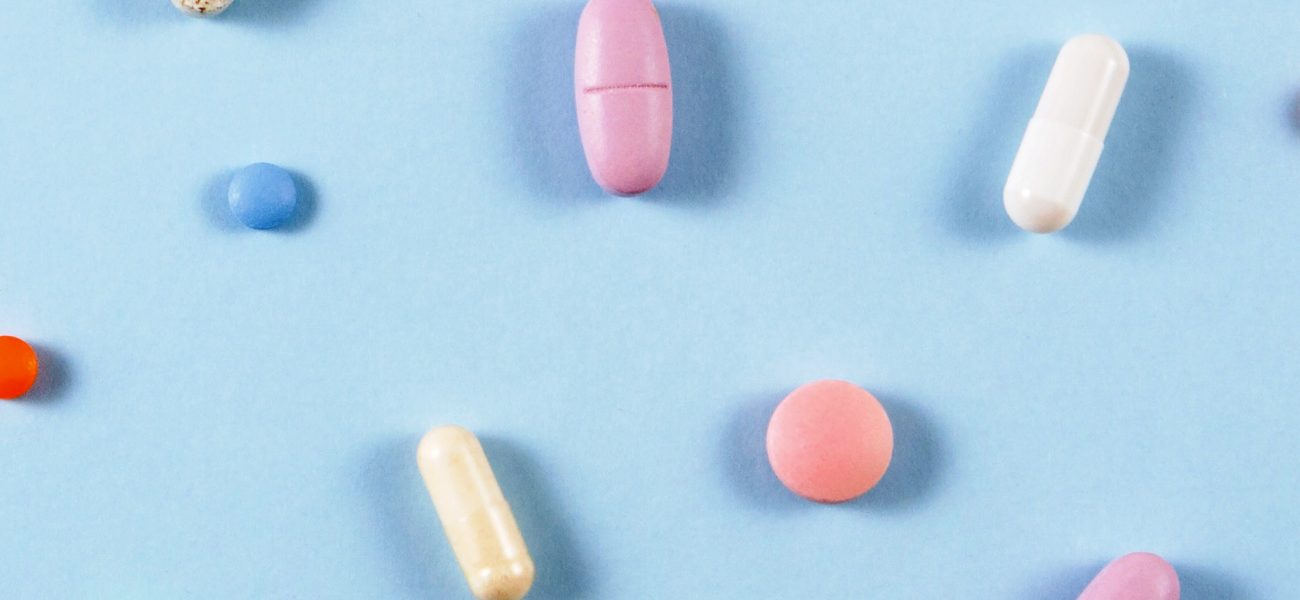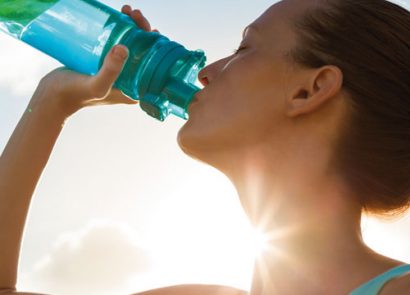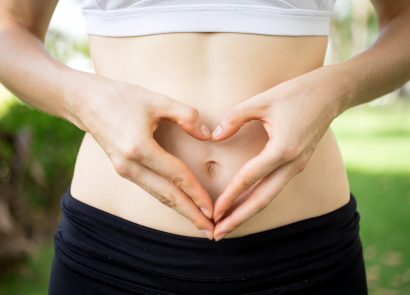Browse through your local supermarket and you’ll see that the UK has one of the most varied selections of food in Europe – Mexican pizza anyone? But while the UK might have a diversified diet, we’re deficient in some key micronutrient areas. “Women, in particular, have been shown to have shortfalls in the last 20 years,” says Dr Emma. Luckily, supplements can be an easy, safe solution to help us get the nutrients we need, as Dr Emma explains.
I eat a diet with zero meat, fish and dairy. Do I need to supplement?
Plant-based, vegan, and vegetarian diets have become increasingly popular over the last 20 years according to the report State of the Nation: Dietary Trends in the UK , and while these diets often benefit the environment, they do exclude certain food groups. “Micronutrients such as iron, B12, choline and omega 3 fatty acids are hard to come by a vegetarian and vegan diet,” says Dr Emma. “Choline, which is found in meat tissue, is a micronutrient that assists the production of neurotransmitters and cell membranes. Iron, found in meat and dark, leafy-green vegetables make red blood cells, which carry oxygen around the body. B12 is naturally found in animal foods, including meats, fish, poultry, eggs and dairy, assists the production of your red blood cells and DNA, as well as the proper functioning of your nervous system. Omega 3 fatty acids, found in oily fish such as salmon, are essential nutrients that are important in preventing and managing heart disease.” While some of these micronutrients can be found in vegetables, it’s hard to get all you need from this and non-dairy and replacement meat products. Plant-based sources of iron (pulses, grains, vegetables etc) contain iron, but in a less bioavailable form than the iron in meat.
I want to improve my chances of conceiving and support my pregnancy, what supplements can help?
There are many factors that can affect women’s ability to conceive and carry a baby to full term, including previous contraception choices, but stress levels, diet and micronutrients can also play an important role in fertility. In recent years, the proportion of women aged 18-64 who are not achieving the Lower Reference Nutrient Intake (LRNI) in vitamin A has doubled from five percent in 2008-9 to 10 percent, as has folate intake, from three to six percent. “For anyone looking to conceive, I would recommend a formulated supplement that is designed to be taken from 12 weeks, right up to birth”, says Dr Emma. “When buying a formulated supplement, look for ingredients such as folate, which helps to prevent spinal tube defects, folic acid, iron, zinc, calcium, vitamin C, and vitamin D.” In the run-up to trying for a baby, a prenatal vitamin that contains folate, magnesium (good for stress relief) and vitamin D, can be really beneficial.
I eat healthily and have a well-rounded diet, do I really need a supplement?
If you aren’t convinced that you need supplements, then consider how the concept of ‘healthy’ has changed over the last 20 years. “The rise in popularity of flexitarian diets had led to a reduced meat intake, which impacts vitamin and mineral intakes,” says Dr Emma. “This means, combined with a decrease in soil quality and an overload of information surrounding supplements, it’s not hard to see why, even though many people eat healthily, they’re still lacking in some micronutrient areas.” Public Health England recommends the UK population takes a daily 10μg vitamin D supplement in autumn and winter, but there are other micronutrients that we need to take in consideration. “Selenium, which can be found in Brazil nuts, as well as magnesium and iodine are all really essential micronutrients that we should consider. Selenium plays a huge role in reproduction, thyroid hormone metabolism, DNA synthesis, and protection from oxidative damage. Magnesium helps the conversion of energy from carbohydrates, fats and protein, and calms the nervous system. Iodine aids the production of thyroid hormones, which help keep cells and the metabolic rate healthy. Any multivitamin that you take should really include these ingredients.”
I’m nearing the menopause, should I consider taking supplements?
At menopause age, woman experience hormone fluctuations that can affect everything, from mood swings to hot flushes. “In older women, the micronutrients deficiencies that are most common are iron, calcium, and potassium,” says Dr Emma. As muscle density decreases in women as they age, it’s important to make sure that you keep your calcium, potassium and iron levels topped up – iron in particular, as in the lead up to menopause, you can suffer from heavy periods. “Heavy menstrual cycles can be eased by topping on supplements such as iron and evening primrose oil, both great alternative treatments to alleviate pain and discomfort during the menopause.
Supplements to add to your shopping trolley
With such a wide range of supplements available to buy, it can be tricky to decide where to invest your money. Try to look at the individual ingredients printed on the label before you purchase a supplement and always go by the recommended amounts on the back of the packaging, as over-supplementing comes with its own health risks.
All Sports Nutrition Evening Primrose Oil
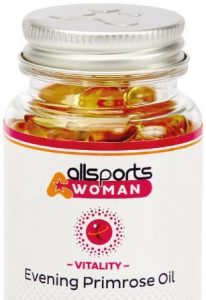
60 capsules for £4.47, allsports-nutrition.com
Link Nutrition
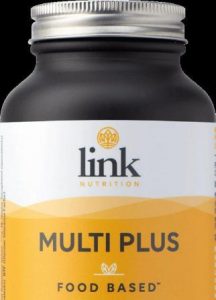
£24.95, linknutrition.com
Igennus Super B-Complex
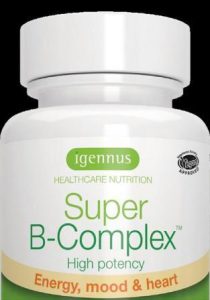
£11.99, igennus.com









